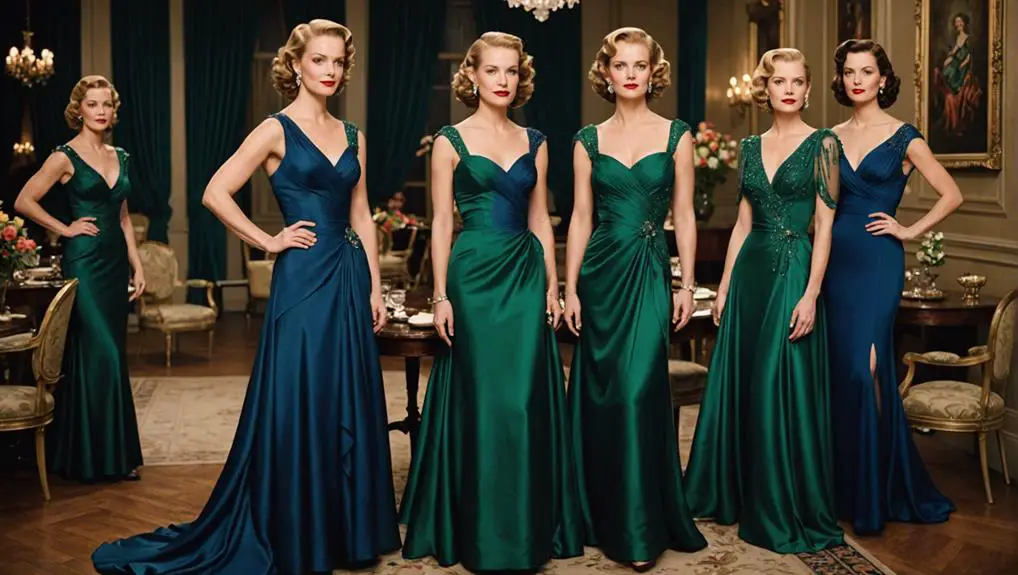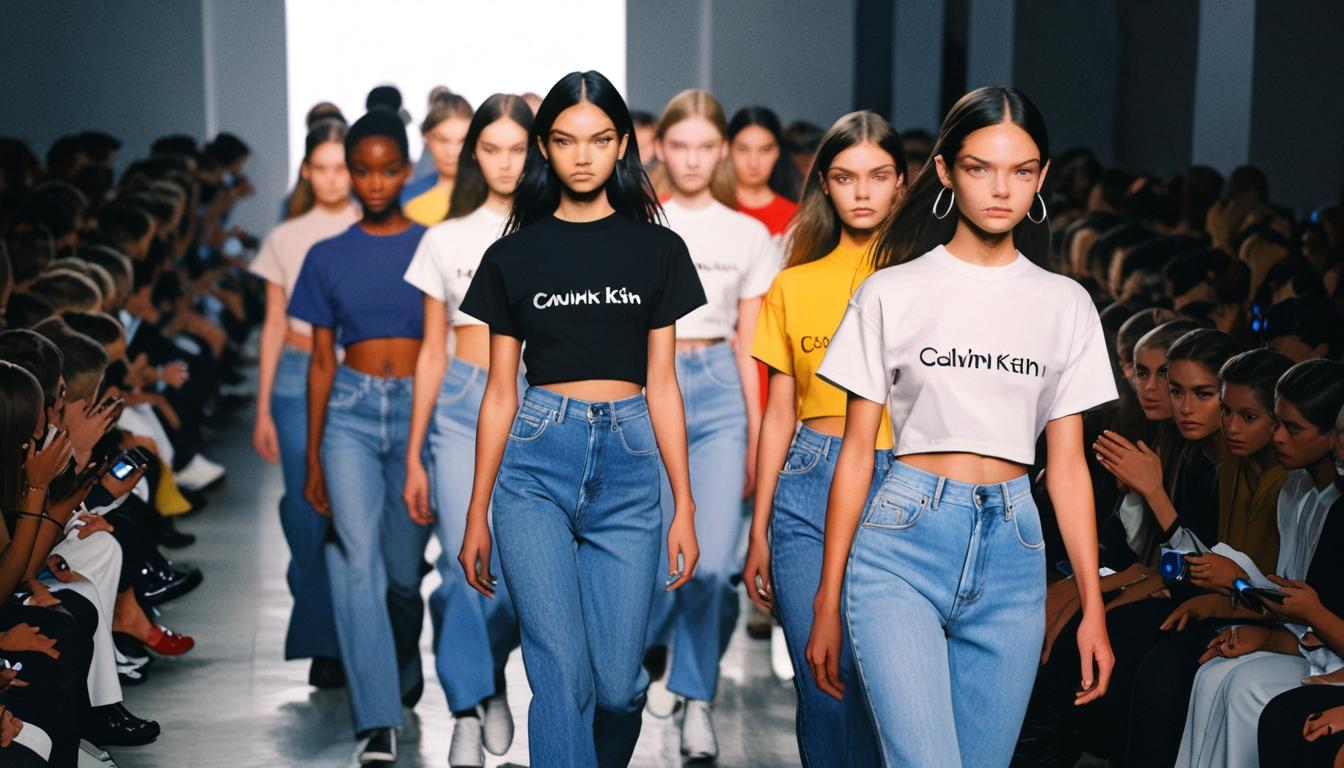Smartwool and icebreaker lead the charge in recycling wool and promoting eco-friendly fashion as consumer awareness rises.
In an effort to address the overwhelming issue of textile waste, companies in the outdoor apparel sector, particularly Smartwool and icebreaker, are collaborating to develop sustainable practices that prioritize wool recycling. The urgency of this endeavor is underscored by alarming statistics indicating that Americans discard as much as 11.3 million tons of textile waste each year, which translates to about 2,150 pieces of clothing every second. This rapid disposal contributes to environmental degradation, including clogged waterways and harmful toxins leaching into ecosystems.
Responding to the increasing consumer awareness regarding the environmental impacts of fast fashion, these companies are seeking to meet the growing demand for sustainable clothing. Reports indicate that 71% of modern shoppers are willing to pay more for eco-friendly fashion. However, progress in the industry remains limited; Kearney’s 2024 Circular Fashion Index notes that only 25 out of 235 brands are actively working to implement sustainable practices.
Smartwool, along with its sister company icebreaker, both now part of the VF Corporation, is taking concrete steps to create a circular economy for merino wool. The Smartwool Second Cut™ Project, launched in 2021, has successfully recycled over one million old socks and serves as a part of a larger strategy aimed at reducing waste through resale and recycling. The Second Cut™ Resale Program allows customers to buy and sell pre-owned Smartwool items, enhancing the brand’s presence in the growing secondhand market. ThredUP CEO James Reinhart noted, “Smartwool apparel is quality-made and built to last, and it comes as no surprise that the brand performs incredibly well in the secondhand market.”
The notable achievements of Smartwool have not gone unnoticed. Its Second Cut™ Hike Sock, made from repurposed yarn through the recycling program, received the ISPO Award 2023, which recognizes ambitious projects aimed at improving sustainability in outdoor apparel. Since the inception of this initiative, Smartwool has diverted an impressive 1.07 million socks, approximately 86,500 pounds of textile waste, from landfills. The brand has further outlined its commitment to ambitious goals, striving towards 100% climate-positive wool and circular products by 2023.
Similarly, icebreaker has made significant strides towards sustainability, targeting a 100% plastic-free product line by 2023. As of early 2024, they achieved a 96.14% plastic-free status, which they regard as a substantial accomplishment despite falling short of complete elimination. In their 2023 Transparency Report, icebreaker emphasized their commitment to using natural fibers and bio-based alternatives, alongside achieving total traceability of wool sourced down to individual farms.
The partnership with growers is a fundamental aspect of icebreaker’s sustainability ethos, as they engage in long-term contracts aiming to uphold environmental and animal welfare standards through the ZQRX certification. With a growing portion of consumers—37% of Gen Z and 36% of millennials—taking sustainability certifications into account when evaluating brands, transparency becomes a crucial factor in building consumer confidence.
While these initiatives reflect a notable shift toward sustainability, the journey involves long-term investments in technology, infrastructure, and partnerships, underscoring the complexities of transitioning to a more sustainable fashion industry. As the market continues to evolve, the viability of the fashion industry’s future may hinge on its ability to embrace these sustainable practices.
Source: Noah Wire Services




